Pankajam reviews Dilip Mohapatra’s eighth collection, “Concoctions,” featuring 80 poems exploring diverse emotions and experiences, exclusively for Different Truths.

Dilip Mohapatra is a decorated navy veteran well known in literary circles and has been contributing to the World of Literature since the Seventies. “Concoctions” is his eighth poetry collection of 80 poems offering a blend of diverse thoughts, reflections, experiences and emotions.
The power of our inner world can create quite a lot of emotions with the power of words. While giving them existence in real, the niceties of the language if amply displayed, they travel with the readers for longer, stir their feelings and act as pilots and guides.
Poems are charioteers of thriving emotional upsurge. The springtime of creation might be in isolation. But basically, it has its roots in ancestry, experiences, outlook, perceptions and many others things. Solitude has wings like blowing breeze, fills its fragrance everywhere without being seen, but its noises have magical tones, which can hugely influence the tapestry of our belief systems and emotions. The poetry collection, Concoctions, by Dilip Mohapatra is a fine example to substantiate the above statement
The title poem Concoctions, the first one in this book that speaks about life’s dreams and realities, alchemy of heart, where love and pain collide, into the concoction of which broken promises and residues of hopes are stirred and that is when the poet directs the readers to listen to the whispers of lost dreams and half-formed regrets. This poem is a finely chiseled piece by the author’s gilded quill, and he concludes here that life itself is a blend of fragility and resilience. I quote one stanza from this poem which speaks about ‘Desire’, as a sample of the nuance of his expression.
Desires /the crimson elixir in a vial/ distilled from stolen glances/ and forbidden touches/its lingering fragrances /delicate and intoxicating/ like crushed rose petals/and I take a calculated step/lest it consumes me whole…
In poem two, Footprints, it is said that scars are testimonies that one has lived through the pangs of pain and footprints are silent witnesses guiding us forward in their fading trails, wherein a legacy resides, a testament to the paths that we chose to tread.
…In their fading trails
a legacy resides
a testament to the paths
we had chosen to tread.
Poem No.4 ‘Epitaph’ deals with lost love, having returned it in a body bag with uncertain fragile pulse and missing heart, the protagonist is in a dilemma whether love has ever existed or was it a phantom born of longing, eventually it is cremated just below the faded motif inscribing upon it an epitaph”
“Love, forever bleeding.”
The poet’s feelings are ventilated genuinely in this poem.
Poem No. 6, Seeking the Seed is a fine poem with layers of meanings with a philosophical touch, wherein the finite seeks the infinite and talks about the quest of knowledge mankind looks for in the past, in the tapestry of joy, in despair and love, each leaf of which sprouting from the primal seed, the unseen source of the lone thread of its intricately woven web that ignites the vibrant blaze.
We try to frame the limitless
within the limits of our knowledge
and shape our faiths and dogma
each faith a lens that tries to trap
and encapsulate
the boundless light’
And we seekers of truth
continue to wander
through the corridors of time and soul
for within our seeking lies the revelation
that we are both the seed and the sower
we are both discrete
as well as indiscriminate.
And this conclusion leaves one to ponder upon whether the seed is a paradox, an undefinable void and the concluding stanza quoted above stands apart in its ultimate objective and sense.
This poem proves that philosophic undertones as experienced in deep reflections are realistic and can make chords in the consciousness of the readers.
The practical wisdom revealed in Poem No. 9 Letting Gois again a thought-provoking poem, moral and eloquent, tempting one to examine whether worldly possessions we gather are really the symbols of our worth? Valuables that never see the light of the day or outfits gathering dust in the wardrobes can never be counted as prestige symbols. Mohapatra corroborates here that they only stand for our intolerant hearts tempted by life’s sweet poison and apathy’s chilling sensation and all the baggage will soon become redundant and meaningless, because:
…we are left with nothing
while we melt away into oblivion
as empty-handed
as we came
into the world
as the new-born.
Pom No. 10, Defying Death, speaks the ultimate truth that whichever way we reflect on death when darkness reigns and desperation rules, none can defy the cycle of generation, degeneration and regeneration and in embracing death we find life’s victory:
…and in our acceptance
we discover
death’s defeat
prompting one to conclude that the essence lies in our perception about life and death.
Poem No. 12 Voices Unheard speaks about murmurs lost in the din of a deaf world, stories untold, dreams deferred, hopes obscured, cries for help muffled by indifference, mirthful laughter stifled by abject hunger, etc. and this poem deeply stirs the feelings of fortitude and flexibility. Shutting eyes on contemporary realities can’t solve any problem; one has to reflect and react to them. Destructive mindset of modern man proves to be an unhealthy inheritance to the next generation.
The poet touches our conscience that it is necessary to lend our ears to voices of the oppressed, downtrodden, suppressed, those overpowered, frozen and forgotten:
for within their depths lie
the sparks of revolution
and within their echoes
the power to transform.
This poem bequeaths an intrinsic and legitimate wish to uplift the fellow human beings, destitute and unprotected.
In poem No. 14, Dreams Dispersed, the poet articulates that ‘dreams are nothing but celestial shards, crisscrossing the night skies like wayward comets with tails on fire’, intertwining threads of memories and wishes. He further says that they are, in fact, drenched with the moisture of timethose fade with the onset of dawn and these threads hold a universe, a fragile bridge that span chasms of doubt and staircases leading to hidden chambers between what is and what could be. The poet concludes the poem with the lines:
…He whispers in our ears
“Build your reality
Upon these ethereal foundations.”
Poem No. 15, Kaleidoscope of Dreams, extensively talks about dreams, The poet says that “dreams are strands of memories spun in the ancestral looms, the scent of childhood summers, the taste of first love, the sepia-turned faces of ancestors etched in times fabric, each thread, a whisper, a fragment of existence woven into being.”
This poem further talks about desires, fantasies, ambitions and aspirations, hopes, fears and insecurities, anxieties, all in detail, one of the finest poems in this collection. worth reading and rereading and hence I abstain from quoting from it expansively
Realism, dreams and certainty are different, and our thought process is heavily obligated by the stimulus of their profundity or acuity, which can make phenomenal changes in our behavioural patterns and way of conducting ourselves.
Poem No. 16, Death of a Dream, again deals with dreams. When a dream dies in a stormy sea, heart looks for a shore or a rescue boat and in the depth of such sorrows, seeds of hopes are sown and again life’s journey starts as an ever-gushing river, because dreams are the currents that propel us in the voyage of life.
Poem No.30, Imperfection,talks aboutdeviations from norms andbrims with practical wisdom. We find beauty in a mosaic of myriads of colours that complement each other though they lose their identity and purity of singleness. Mundane things that we overlook in everyday life have their own lessons to offer. The poet concludes this poem saying that perhaps the brokenness might be our strength, and grace resides in our vulnerability.
In the recent past one of the heinous crimes committed against women that shook our conscience is that of an intern in a Kolkata medical college hospital. Mohapatra reacts sharply against this in poemNo. 33, Once Again:
Once again
the survivor would survive
In our short memory
for sometime
and then would fade away
and our collective
conscience
battered and bleeding
would be cremated on the
smouldering
Pyre of the survivor
Till it is resurrected...
Once again
People forget values and principles and indulge in dishonesty, violence, hatred, jealousy and selfish motives, and thus fail to comprehend the realities of life.
Moving on to Poem No. 40, Abandoned,which will resonate with all who are apprehensive of old age problems like Alzheimer’s, when memories shut the doors on you, dreams desert and when hope’s footsteps don’t leave any marks.
Next, I quickly move on to poem No.52, Echoes of Twilight, which again is a poem resonating with ageing issues, as the title itself suggests. Mohapatra reminds us that approaching the twilight years, our desires dissolve, determination decays, enthusiasm erodes and faith fades into twilight. But still pain being our companion, one can find hidden strength in suffering when each scar would be a testimony of endurance and resurrection. One has to keep faith in the Unknown and be optimistic. The following lines of thought might keep one optimistic:
Perhaps death is not an end
but a beginning
a cosmic exhale
a chance to start anew
and echoes of twilight ignite my soul
An optimist is one who tightens the ropes of hopes even at the grim chance of winning challenges or obstacles, which might leave one in desperation and that is when he gives up. The protagonist speaking in this poem is a pragmatic person who doesn’t lose heart and keeps his balance even at the gloomy phase of the ultimatum.
Poem No. 59, Masks, is about people who hide their true identities behind masks that shield under them weapons of deception, ammunition of identity, sadistic desires and devious intentions, some living with pretentious tears and some others playing with your psyche and toy with your emotions. But literary persons who uses masks to weave illusory webs with words, metaphors, imagery, etc., are different, in the sense their intention is to enchant you, or maybe even to enter your heart; still a mask is a mask, whether it is seen or unseen, the poet concludes.
Poem No. 60, Beyond Comfort Zone, talks about leaving the comfort zone, wherein the poet substantiates that change, like a seed, requires the shock of displacement and discomfort to flourish and only then does the real transformation happens.
Poem No. 63,Pause for a While,talks about nostalgia. Nostalgiabehaves like recalcitrant seeds stuck deep to the intricate inner tissues and is difficult to be tamed or erased.
There are poems in this collection dealing with surrogacy (Poem 68, Wombs for Rent) and the significantly insignificant things that we take for granted and tend to ignore when one is around (Poem No. 70,When I’m Not Around)
.
Poem on surrogacy touches our chords somewhere deep and all of us can empathise with the feelings of a woman, mother-like, yet not a mother. Emotions expressed regarding missing somebody’s presence when one is around is like realising the value of eyesight only after it is lost.
I can undeniably vouch for the fact that reading poems in this inimitable collection of poems dealing with varied themes can satisfy readers of all ages, perceptions and sensitivities and this book would be an asset to one’s literary possessions. Wishing the poet all the very best.
Cover photo sourced by the reviewer

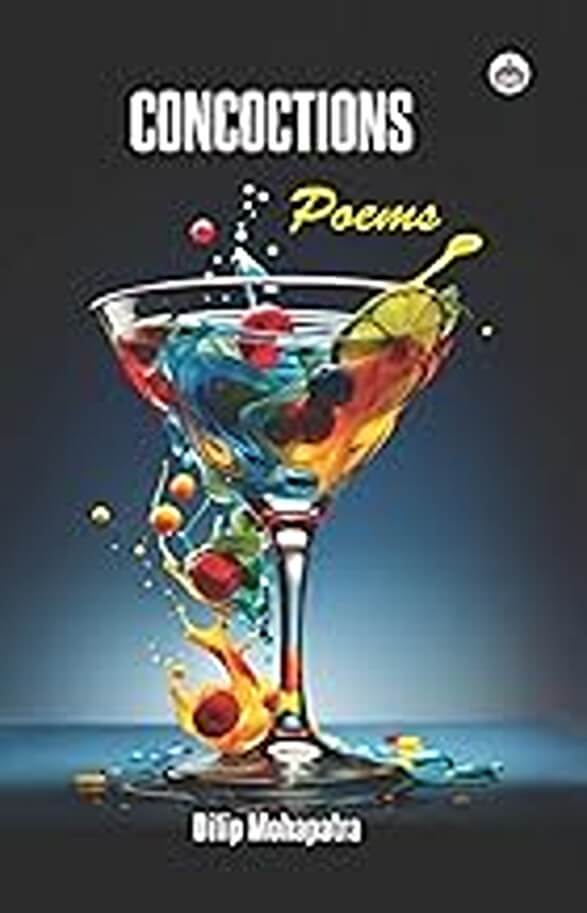



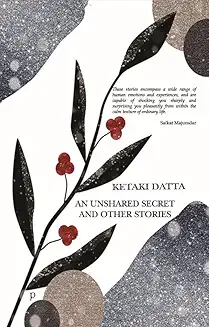
 By
By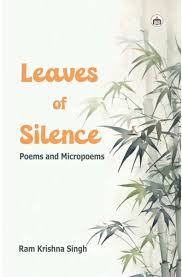
 By
By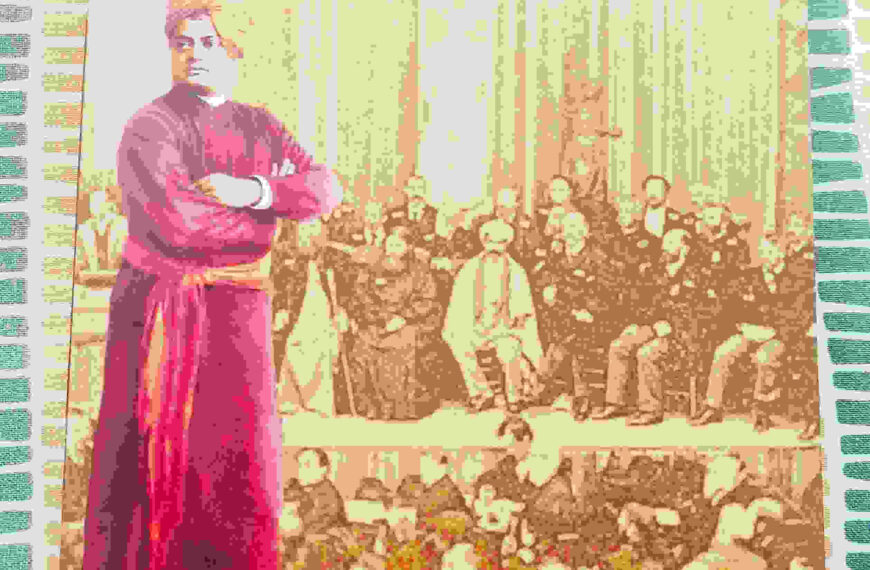
 By
By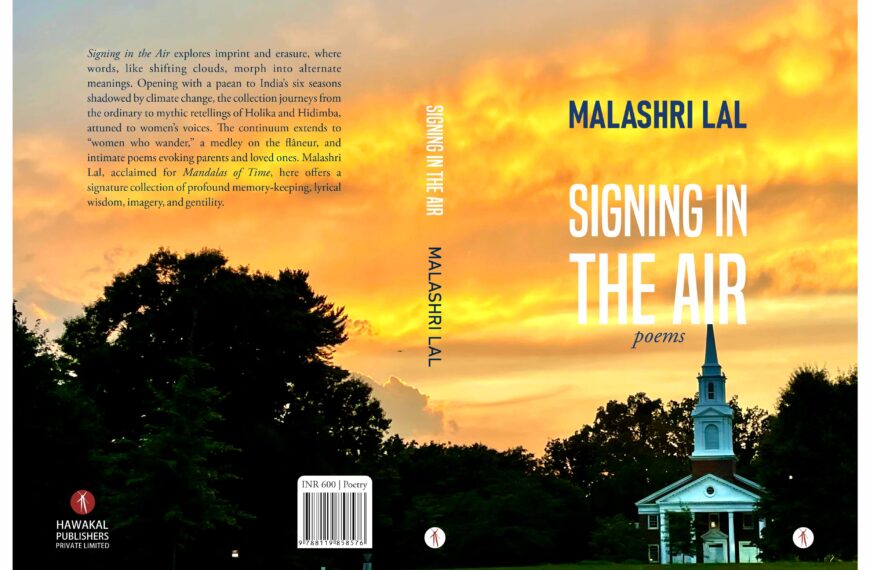
 By
By